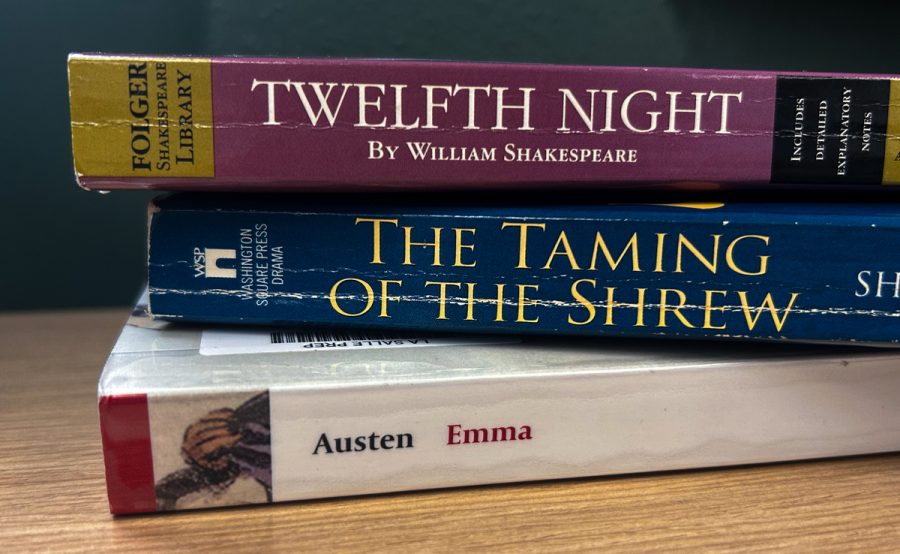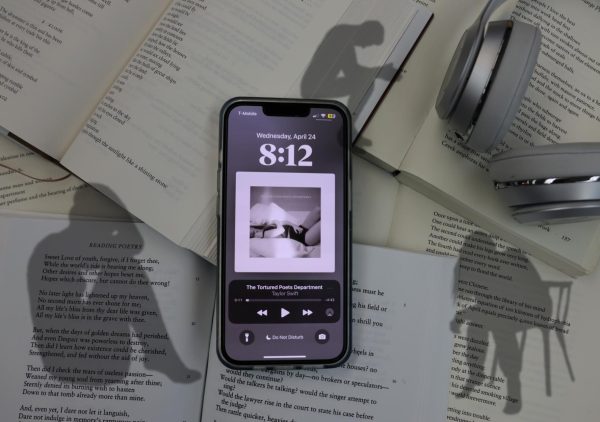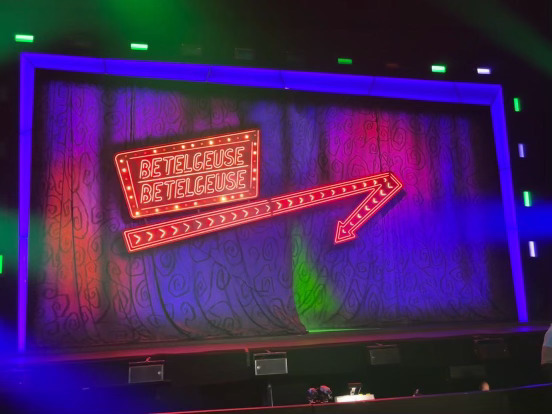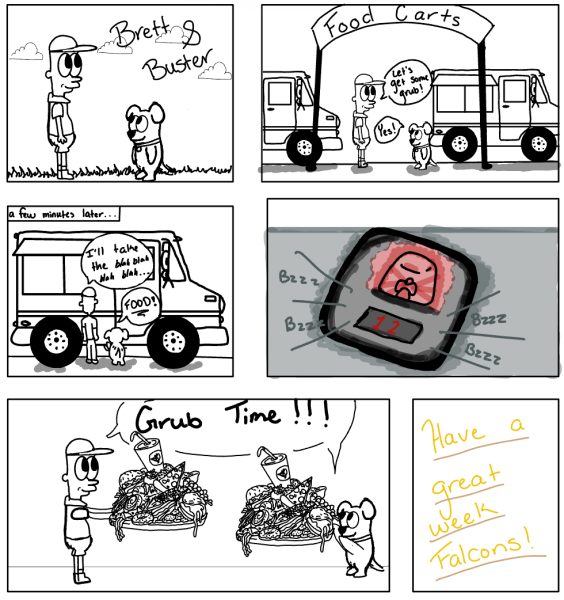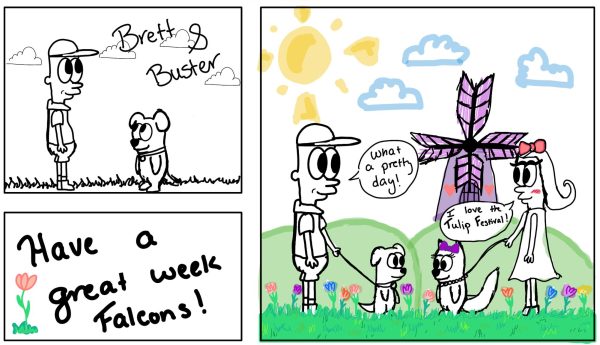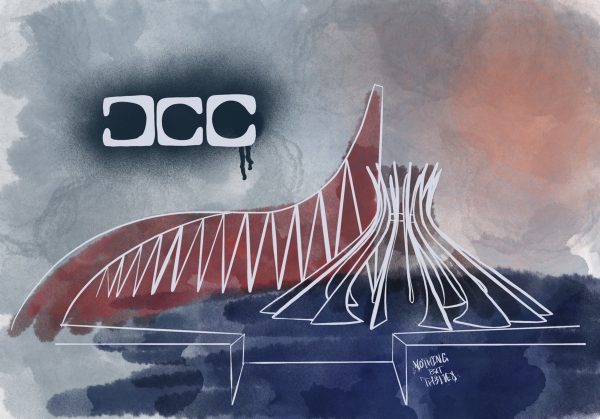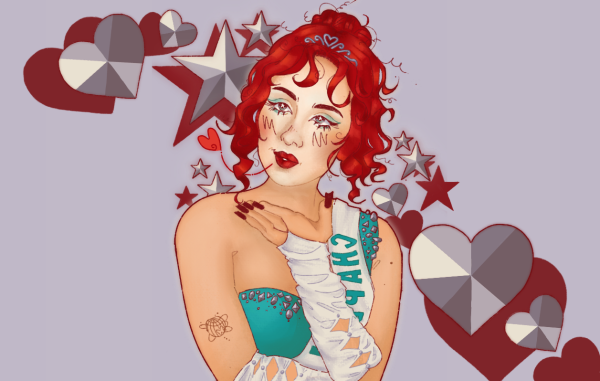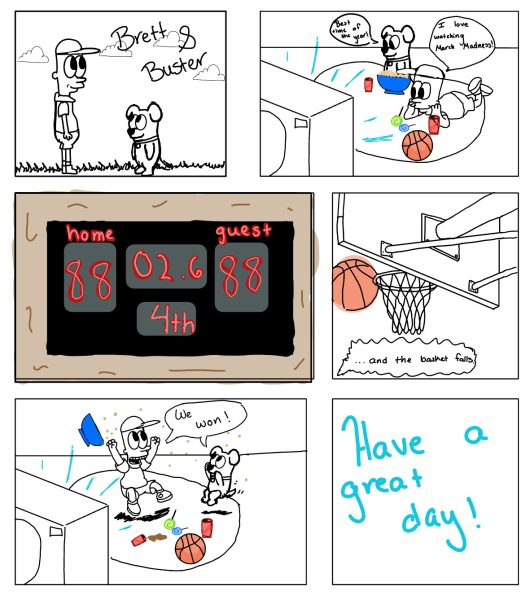Books to Blockbusters: Three Movies You Didn’t Know Came From Classics
It can be simple to adapt a movie from an already existing tale, but that doesn’t always mean that they’re on the same page.
April 5, 2023
Many older books have storylines still able to resonate with modern audiences, even if they’re shrouded in the disconnected time periods where they originally took place. On the screen of a TV, through a streaming service, or DVD, some of these stories have been given new life.
Not only do these movies provide a new life for the stories, but they can also spark a renewed excitement for the original work.
The following three movies are my favorite works that come from older literature.
“She’s the Man” from “Twelfth Night” by William Shakespeare: 10/10
In Shakespeare’s “Twelfth Night,” Viola is stranded and gets a taste of independence by dressing as a man and escaping society’s control of women.
Similarly, Viola, the protagonist in “She’s the Man,” also disguises herself in order to escape from the expectations of being a girl, only this character’s main goal is to prove herself as a soccer player.
After the girls soccer team is cut at her school and it doesn’t allow girls to try out for the boys team, Viola takes her brother’s place at a new school to defeat her old school’s team and demonstrate her soccer abilities.
Along with both versions of Viola finding a way to push themselves further in a new environment, other characters also pop up.
Although he is just another team member rather than her uncle as in the play, the character of Toby remains in the movie and so does Toby’s friend Andrew. Even in their different movie roles, this duo never fails to crack a smile from me.
Something that I adore in both versions is the added comedy from the ensemble characters.
Another character that transferred over to the screen was Malvolio (who is renamed Malcolm in the movie), who in the original is madly in love with Olivia.
A piece that I miss from the play is Malvolio being tricked into wearing eccentric yellow stockings to win Olivia’s heart. With the top tier comedy of this movie, I have no doubt that it could have been worked in.
In true romantic comedy fashion, Viola stumbles upon a love interest, for as she impersonates a boy, a web of crushes is woven.
Viola falls for Duke Orsino, who has had a crush on Olivia, who likes Sebastian, who is actually Viola pretending to be her brother.
The comedy in this movie is impeccable and is a must watch whether or not you have any interest in Shakespeare’s “Twelfth Night.”
“Clueless” from “Emma” by Jane Austen: 8/10
Both the movie’s character Cher and the book’s character Emma try to meddle in others’ business playing matchmaker — even when there’s a chance that they should have stayed out of it.
While Emma has sworn that she will never marry, Cher has sworn off dating high school boys.
Both heroines take on a friend as a sort of romantic project and try to set them up with Mr. Elton, a gentleman, or Elton, a high school boy. Unfortunately for Emma and Cher, their plans do not play out how they expected.
While both stories culminate in the protagonist eventually falling in love with their former stepbrother (in the movie) or brother-in-law (in the book), “Clueless” has the added benefits of a killer soundtrack and iconic quotes.
The aspect of Cher’s love interest being her former stepbrother and a college student — while she is just starting to drive — is why this is the lowest ranked of these three films. Their age gap is unnecessary, and while age gaps were commonplace in the time that the novel was written, this adaptation takes place in a modern high school setting.
Recognizing that detail, this is still a must watch for fans of the rom-com genre. The point in the story where the protagonist realizes who they’re really in love with is a romance staple and is made all the better in both adaptations by the protagonists’ prior reservations against being in a relationship.
“10 Things I Hate About You” from “The Taming of the Shrew” by William Shakespeare: 9/10
“A girl can’t date or get married unless her older sister does so first” is a story as old as “The Taming of the Shrew.”
Just like the previous adaptations I’ve covered, this movie takes the original concept and throws it into a high school setting.
Cameron in the movie and Luciento in the play each use tutoring as an excuse to spend time with Bianca, the protagonist’s younger sister.
While they need the older sister Katherine to be in a relationship before they can court Bianca, how they get there differs between the film and play.
In the play, someone happens to be looking for a wife, whereas the movie has a little more scheming involved, as Cameron enlists help from Patrick Verona to get a date with Bianca by having him to date Katherine.
While cute moments cause Katherine to gradually soften, she eventually finds out about the deal. However, there is a Hollywood set up for the romantic gesture that wins back the girl.
But the play is extremely different: Petruchio from Verona is no Heath Ledger (the actor who plays Patrick).
Instead of taking her on cute paintball dates and eventually finding a healthy relationship, Petruchio treats Katherine horribly.
While the play can be a good read, it’s not for when you’re craving romance. The movie, on the other hand, overcomes lots of its predecessor’s problematic parts.
Overall, this is yet another movie that is worth a watch. With a playful banter starting off the romance, what more could you ask for?


